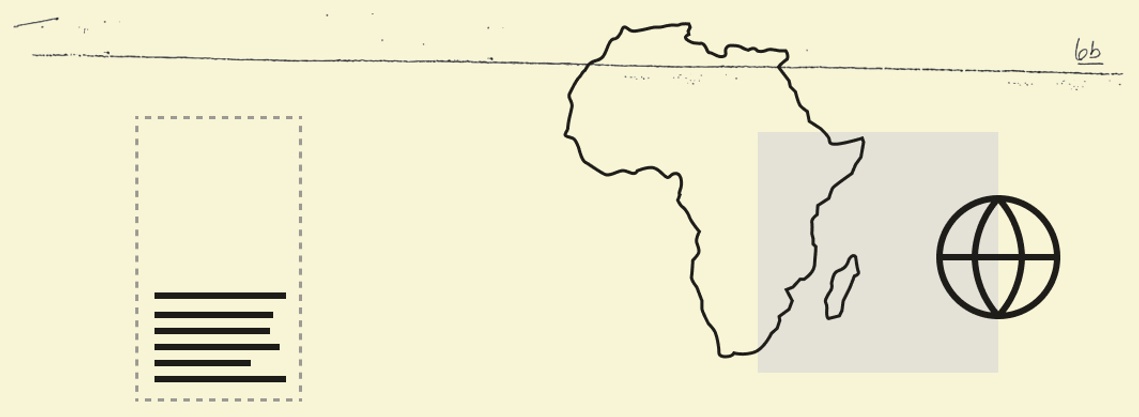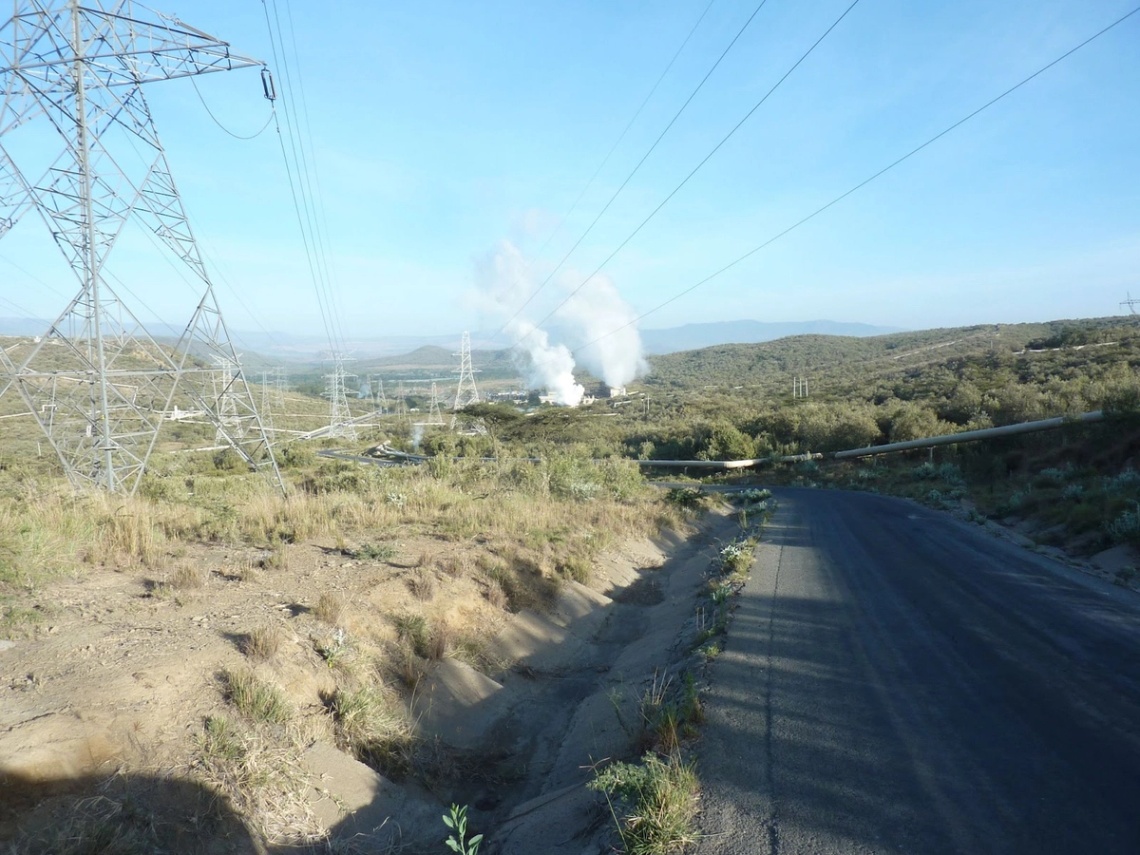 Geopolitics  U.S. Army photo by Sgt. 1st Class Mary S. Katzenberger/Creative Commons license U.S. Army photo by Sgt. 1st Class Mary S. Katzenberger/Creative Commons license🇺🇸 🇳🇪 The US handed over its last military base in Niger to local authorities. The US troops have until Sept. 15 to leave the Sahel country. 🇺🇬 A Ugandan military spokesperson said on Monday that nearly 100 police officers from DR Congo fled to Uganda over the weekend as fighting between M23 rebels and the military in Congo’s east intensified. 🇺🇸 🇨🇩 The US said on Wednesday it would provide nearly $414 million in humanitarian assistance for the DR Congo, where more than 25 million people need urgent assistance with food, healthcare and nutrition, shelter, water, sanitation, and hygiene. Elections 🇹🇳 A Tunisian court on Monday sentenced four presidential hopefuls to eight months in prison on charges of vote buying, and banned them from running for office, a move opposition leaders said was aimed at barring competition against President Kais Saied. Deals  🇰🇪 Kenya’s treasury approved a $1.3 billion deal between Africa50, an investment consortium, and India’s Adani Group to build power transmission lines and substations. 🌍 The Qatar Investment Authority invested $180 million in TechMet, an investor in critical minerals projects in Africa, Europe and the Americas. Governance🇸🇩 The Sudanese foreign ministry on Friday accused the paramilitary Rapid Support Forces of causing the famine that struck the Zamzam camp near El Fasher, the capital city of North Darfur State. 🇨🇩 The DR Congo’s President Felix Tshisekedi during a radio interview on Tuesday accused former president Joseph Kabila of backing the Alliance Fleuve Congo, a political-military anti-government movement. Energy🇿🇦 Authorities in Cape Town, South Africa, said they are considering building new desalination plants and treating wastewater to diversify its water supply and reduce reliance on dams. 🇿🇲 Zambia last week began the importation of 218 megawatts of power from South Africa’s Electricity Supply Commission during off-peak hours to stabilize the power supply. |